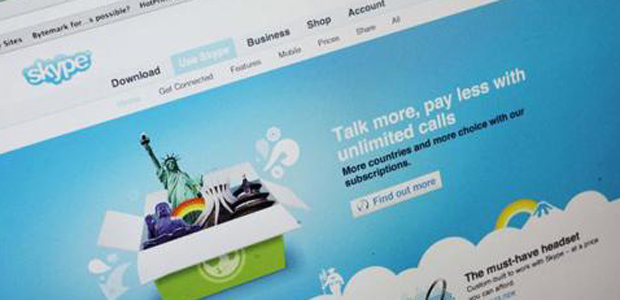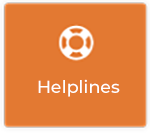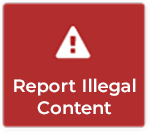EU Kids Online Social Networking Report
Significant numbers of underage children are breaking the Terms and Conditions of Service of social network websites by setting up their own profiles on social networking sites such as Facebook, according to the 2010 EU Kids Online Social Networking Report.
The report, Social Networking, Age and Privacy, reveals that:
“38 per cent of 9-12-year-olds use social networking sites, with one in five of the age group having a profile on Facebook, even though the network sets a minimum age of 13 to join.”
Young children are taking online risks – EU Kids Online
The study found that a growing number of children are taking online risks.
A quarter of children on social networking sites have their profile set to Public. One fifth of children whose profile is public display their address and/or phone number, twice as many as for those with private profiles.
Professor Sonia Livingstone from the London School of Economics and Political Science, who directs the project,said:
“It seems clear that children are moving to Facebook – this is now the most popular site in 17 of the 25 countries we surveyed. Many providers try to restrict their users to 13-year-olds and above but we can see that this is not effective.”
Younger children are less likely to use privacy options or to understand the safety features or how to apply the safely settings that are available.
Those who lie about their age when registering and who pretend to be over 18 will have a Facebook “Adult Account” which will be set to Public by default. However, teens who correctly register their age are given a “Minor Account” (for 13 to 18 year olds). A Minor’s Account will have a Friends Only setting by default.
Across the 25 European countries surveyed, 57 per cent of children (aged 9 to 16) use Facebook as their sole or main social networking site. This ranges from 98 per cent in Cyprus, to only two per cent in Poland.
Need for better protective measures – EU Kids Online
Elisabeth Staksrud, from the University of Oslo and one of the report’s authors comments that this might be the most effective way of improving online safety.
She holds that age restriction rules have the consequence of driving young kids’ social networking underground:
“Since children often lie about their age to join ‘forbidden’ sites it would be more practical to identify younger users and to target them with easy-to-use protective measures. However we accept that abolishing age limits could lead to a substantial rise in the numbers using the sites.”
My “Friends” Online?
Around a quarter of SNS users communicate online with people who have no connection to their offline lives, including one fifth of 9-12 year olds across all SNS (and one quarter of younger Facebook users).
The report also shows that:
- Social networking sites (SNS) are popular among European children: 38% of 9-12 year olds and 77% of 13-16 year olds have a profile.
- Facebook is used by one third of 9-16 year old Internet users.
- One in five 9-12 year olds have a Facebook profile, rising to over 4 in 10 in some countries.
- Age restrictions are only partially effective, although there are many differences by country and SNS.
- Younger children are more likely than older to have their profile ‘public’. A quarter of 9-12 year old SNS users have their profile ‘set to public’.
- Parental rules for SNS use, when applied, are partly effective, especially for younger children.
- One fifth of children whose profile is public display their address and/or phone number, twice as many as for those with private profiles.
- The features designed to protect children from other users if needed are not easily understood, by many younger and some older children.







